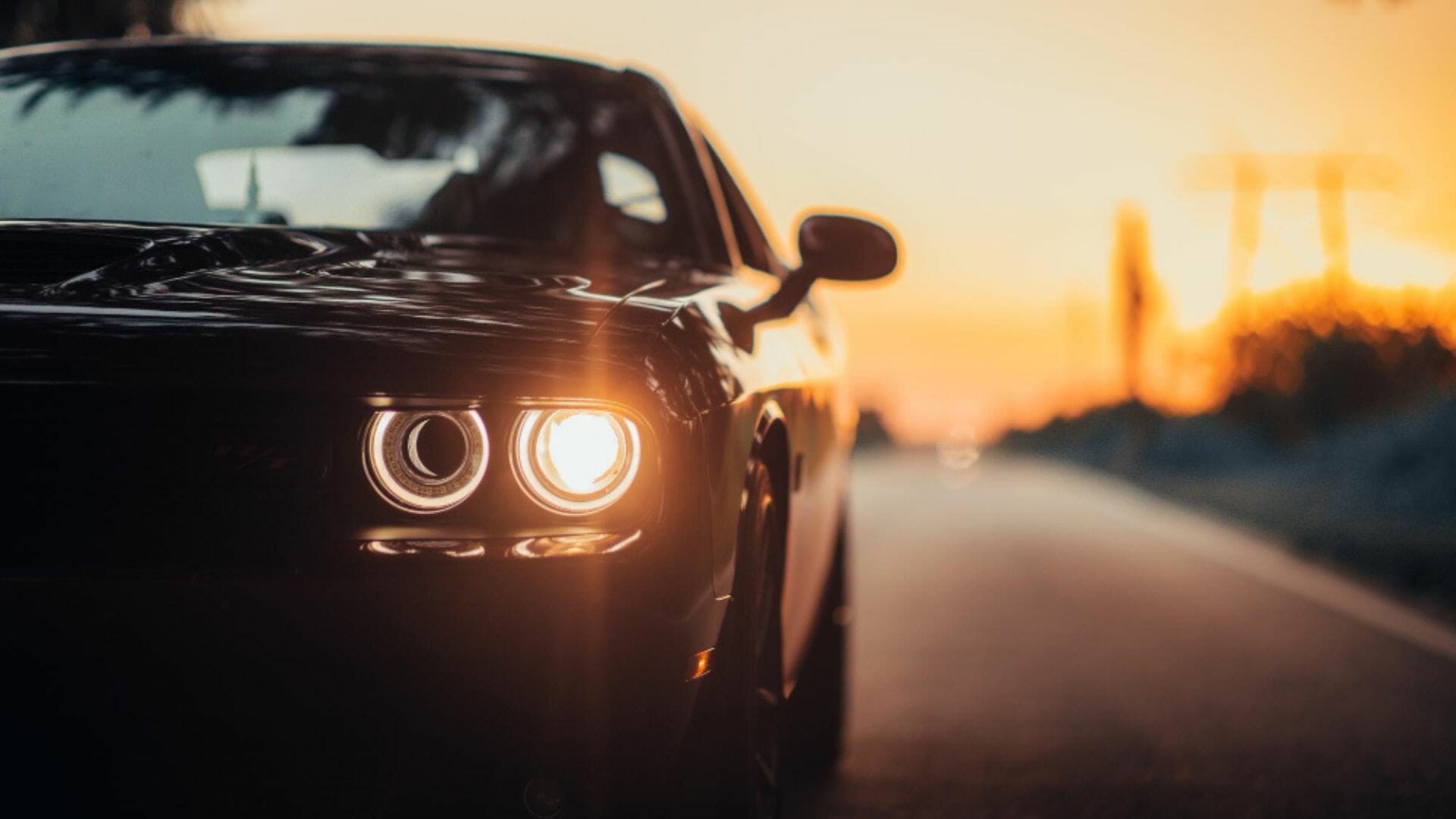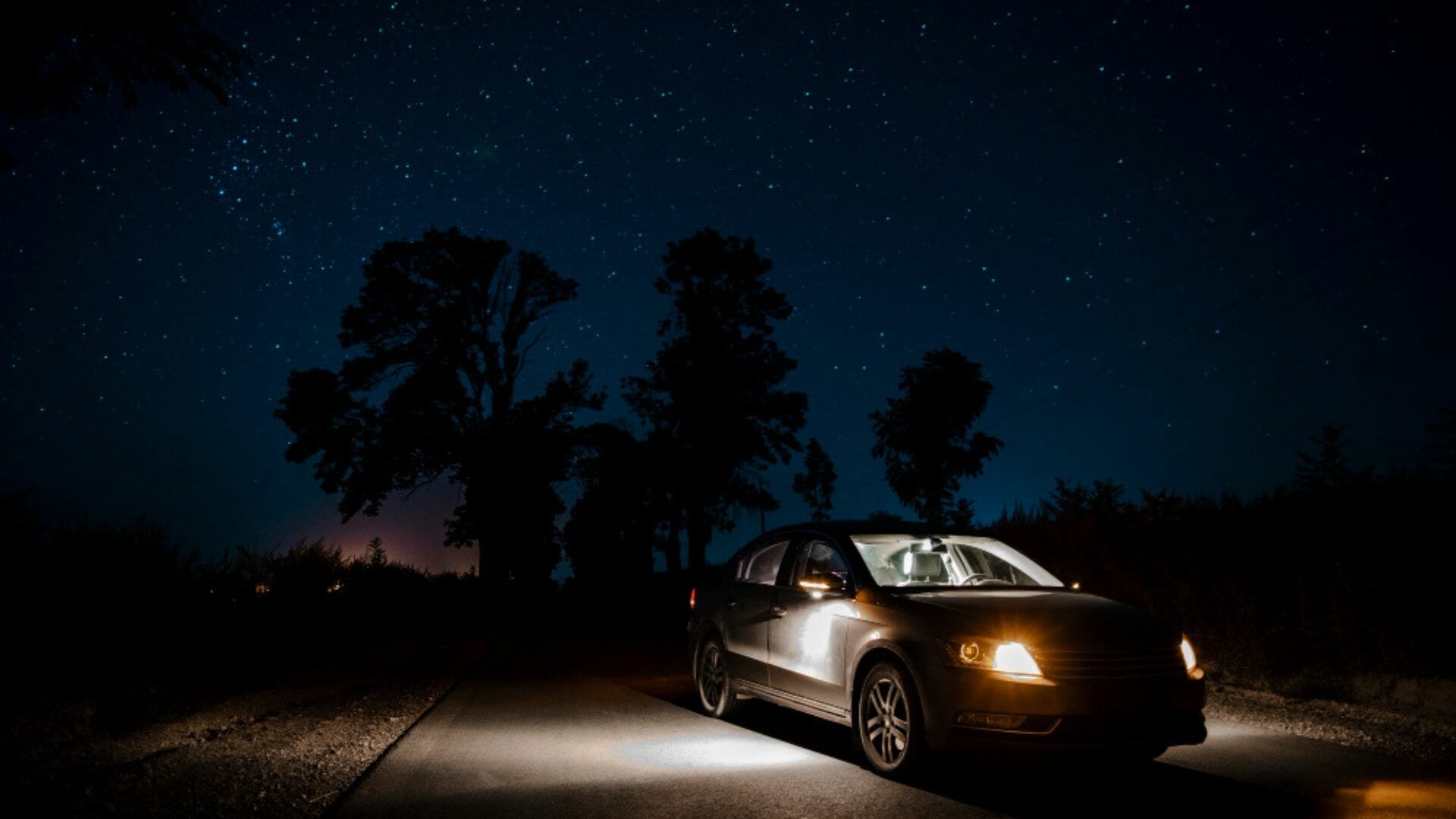One piece of safety equipment on your vehicle that gets little attention is your headlights. New Virginia headlight laws that a driver should be aware of. First invented in the late 1880s, headlights are required on every motor vehicle that travels on the road regardless of whether you drive at night. Their presence and operation are critical for seeing the road ahead of you — and being seen by other motorists.
You probably know your vehicle has headlights, but you may not know the various laws that apply to their use in Virginia.
While violating these laws may not result in hefty fines or incarceration in most cases, it can have other negative consequences. Not only does failing to abide by Virginia’s headlight law raise the risk of a collision on the road, but it can also lead to civil liability.
Understanding the New Virginia Headlight Laws
The statutes that apply to drives contain a mixture of old and new regulations.
Virginia legislature and governor periodically review proposals relating to highway safety and, as laws become outdated or no longer useful, discard or update them. Similarly, as legislators identify new best-driving practices and technologies, the government may update existing laws and pass new ones.
The law presumes that drivers who use Virginia’s roadways know the new Virginia led headlight laws. Additionally, drivers must be aware of laws that are still in effect.
You cannot escape being pulled over or receiving a ticket by claiming you aren’t familiar with the current statutes in the Commonwealth. These include the Code of Virginia Section 4 46.2-1030 and Section 46.2-:1035 and require the following:
Prohibition on Blue LED Headlights and Tinted Headlights
One of the new Virginia headlight laws drivers should note is the state’s ban on blue LED bulbs. These are standard features on certain luxury car models. But some drivers will install these devices on their vehicles as an aftermarket modification.
Those who favor blue LED headlights claim that these lamps are better at illuminating dark roadways. However, detractors and legislators who voted to prohibit their purchase argue that colored lights are more distracting.
Other drivers might find blue light more bothersome than other colors. Some safety experts claim that these lights can temporarily blind or distract drivers. Needless to say, this can increase the likelihood of an accident.
As a result, the only permissible headlight colors in Virginia are white or amber. If headlights display any other color of light when others view them head-on, they violate the new Virginia headlight laws.
This prohibition also means that it’s illegal in Virginia to apply any sort of film or coloring to your headlights. Films that alter headlights to a color other than white or amber are also illegal. These films are aftermarket purchases and modifications that some drivers may consider making to their cars.
When You Must Use Your Headlights

Virginia headlight laws don’t just dictate what color your headlights must be. They also describe when drivers must use their headlights.
One period during which headlights must be employed is from sunset to sunrise. This means that drivers should use their headlights during nighttime hours, which can vary depending on the season.
Modern technology can confuse some drivers or lead to a false sense of compliance.
Many newer vehicles, for instance, have sensors that automatically detect low-light conditions outside the vehicle. These sensors will activate the headlights when such conditions are present. Drivers don’t have to do anything to activate this feature on their vehicles.
This automatic sensor can lull drivers into a false sense of security. Drivers may assume that their vehicles will automatically turn the headlights on when the law requires them. However, this isn’t always the case.
What’s more, malfunctions in the sensor can cause headlights not to turn on when required. As a driver, you’re responsible for ensuring that your headlights are on between sunset and sunrise each day.
Additionally, you must use your headlights when the weather or other conditions threaten your visibility of vehicles or other road users at a distance of 500 feet. Under this regulation, it doesn’t matter what time of day it is or whether your car’s sensors automatically activate the headlights.
Last, Virginia law requires the use of headlights whenever there’s rain, fog, sleet, or snow and you’re using your windshield wipers. That said, you don’t need to use them if your wipers are only active intermittently.
The law doesn’t consider failure to abide by this subsection negligence per se, nor a defense to a personal injury claim.
Number of Headlights and When They Must Be Dimmed
Lastly, the led headlight laws in Virginia state that drivers can use no more than four lights for “general illumination” at any time. This number includes two headlights, which the law requires, along with two fog lights or other approved auxiliary sources of illumination.
When you see an object or person on the highway at a distance of less than 350 feet, you must dim your headlights or use the low-beam setting. You must also dim your lights when approaching a vehicle that’s 500 feet away or less.
Moreover, you should dim your headlights or use the low-beam setting when approaching other vehicles. If you’re 200 feet or less away from the other vehicle, the law requires you to dim your headlights.
How a Virginia Personal Injury Lawyer Can Help with Headlights
If you’re involved in a crash in Virginia and the other driver wasn’t using their headlights under conditions in which they should have been, contact The Joel Bieber Firm for advice from a personal injury lawyer. You may have a valid claim for damages against the other driver.
Failing to use headlights when legally required can be considered negligent driving. The Joel Bieber Firm is here to help you hold these drivers accountable for their choices.
Interesting Reads:
Top Causes of Traffic Accidents in Virginia
Virginia Beach Best Personal Injury Lawyer
Why You Should ALWAYS Discuss a Car Accident With an Attorney & Vital Auto Insurance Tips

